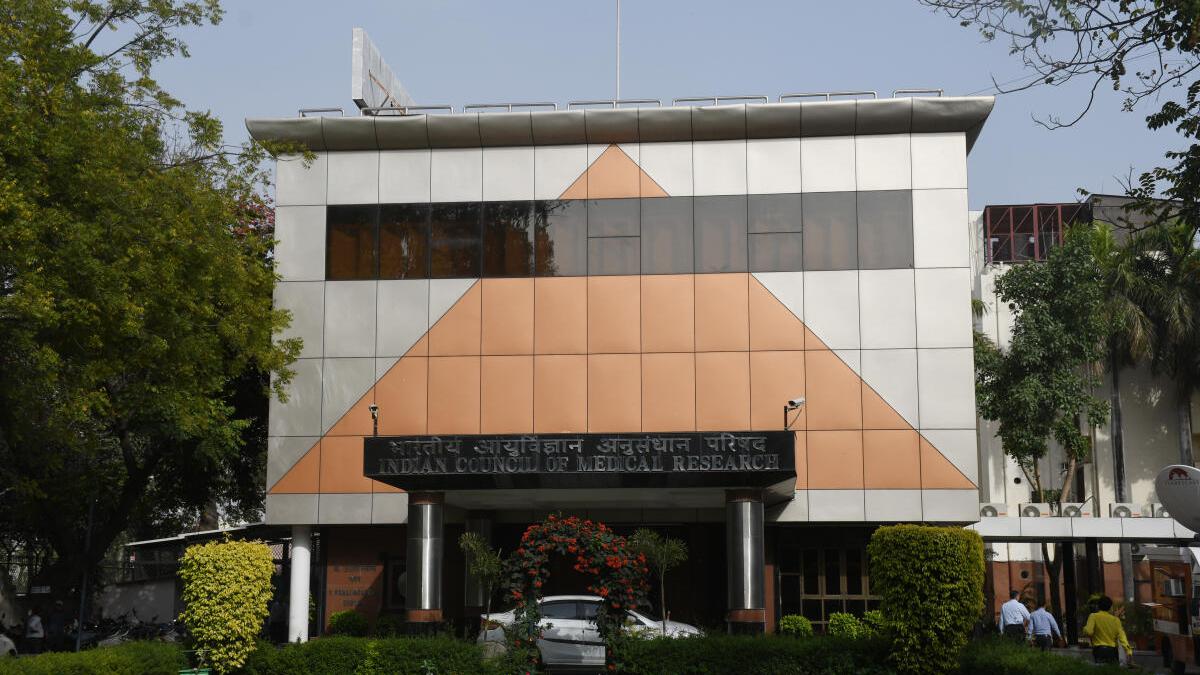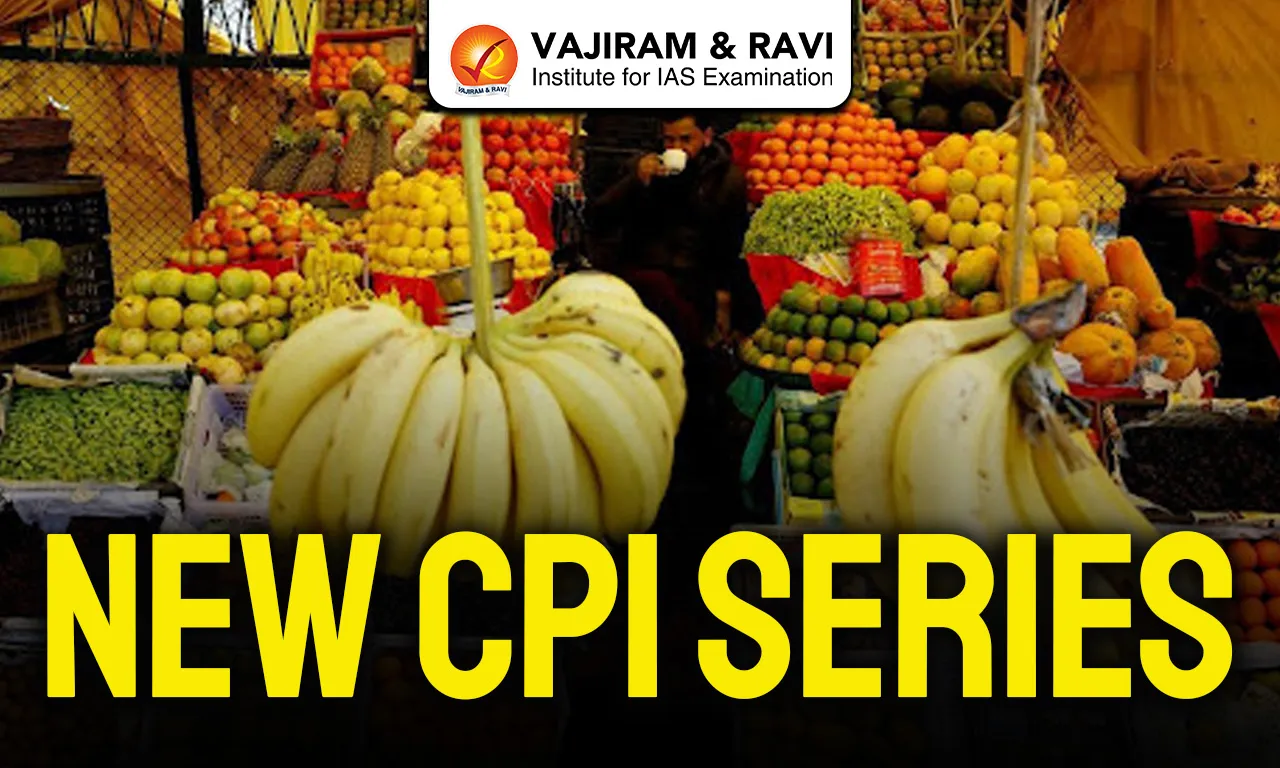What’s in today’s article?
- Why in News?
- What are Controlled Human Infection Studies (CHIS)?
- How do CHIS Work?
- Benefits of CHIS
- News Summary
- Need for CHIS in India
Why in News?
India has taken its first step to introduce Controlled Human Infection Studies (CHIS), used in many countries for vaccine and treatment development.
What are Controlled Human Infection Studies (CHIS)?
- Alleviating the impact of infectious diseases on human health remains a key global health priority.
- In controlled human infection studies (CHIS), healthy volunteers are intentionally exposed to pathogens in a controlled environment.
- This is done in order to promote understanding of the pathogenesis, transmission, prevention and treatment of infectious diseases in humans.
- Such studies may be conducted – a
- to gain insights into how pathogens infect human hosts and cause disease,
- to better understand immune responses to infection, or
- to evaluate the efficacy of vaccines and drugs designed to prevent and treat infectious diseases.
- CHIS have a long history and have made important contributions to the treatment and prevention of many infectious diseases of global health importance.
- Although recognition of the potential value of CHIS is leading to such studies increasingly being conducted in a wider range of contexts, they remain a relatively unfamiliar research method.
How do CHIS Work?
- Researchers recruit a group of healthy adult volunteers to take part. They give an in-depth explanation of the process and the risks involved, and they monitor the volunteers’ health throughout the study.
- The study could involve testing –
- Vaccines – doctors give the volunteers a dose of the vaccine, then administer a controlled dose of the relevant challenge agent, for example a virus
- Treatments – doctors administer the challenge agent, then give volunteers a treatment.
- There are strict guidelines in place to protect the people taking part, and they are financially reimbursed for their time.
- In many of the developed countries, CHIS has been used to study malaria, typhoid, dengue, etc.
Benefits of CHIS
- CHIS offers accelerated, cost-effective, and efficient outcomes using smaller sample sizes in comparison to large clinical trials.
- Its social value includes potential contributions to public health response to diseases of concern, healthcare decision-making, policies and economic benefits, improved pandemic preparedness, and community empowerment.
News Summary
- Due to ethical issues, Controlled Human Infections Studies (CHIS) has till now been a no-go area in India.
- However, the Indian Council of Medical Research’s (ICMR) Bioethics Unit is set to change this.
- ICMR’s Bioethics Unit has introduced a consensus policy statement which is now open for comment and argues the case for bringing in CHIS.
- The document talks of the need, benefits, and challenges associated with CHIS.
- ICMR notes that India has so far stayed away from CHIS, because regardless of the potential scientific benefits, these studies are ethically sensitive and raise concerns about contentious research ethics.
- Ethical issues like deliberate harm, possible disproportionate payment and hence inducements, third-party risk, withdrawal from the study and research with vulnerable participants.
Need for CHIS in India
- India carries a high burden of morbidity and mortality from infectious diseases. They contribute about 30% of the disease burden in the country.
- Finding novel, efficient, and cost-effective alternatives to existing methods of research in these diseases and their prevention is imperative to reduce this burden.
- CHIS can provide unique insights into disease pathogenesis and also accelerate the development of novel medical interventions.
Q1) What is the main role/responsibility of the ICMR?
The Indian Council of Medical Research (ICMR), New Delhi is the apex body in India for the formulation, coordination, and promotion of biomedical research.
Q2) How are bacteria different from viruses?
Bacteria are single cells that can survive on their own, inside or outside the body. Most bacteria aren’t harmful.
Viruses are smaller and are not cells. Unlike bacteria, they need a host such as a human or animal to multiply. Viruses cause infections by entering and multiplying inside the body’s healthy cells.
Source: India takes its first step towards opening door to CHIS | WHO
Last updated on February, 2026
→ UPSC Notification 2026 is now out on the official website at upsconline.nic.in.
→ UPSC IFoS Notification 2026 is now out on the official website at upsconline.nic.in.
→ UPSC Calendar 2026 has been released.
→ Check out the latest UPSC Syllabus 2026 here.
→ Join Vajiram & Ravi’s Interview Guidance Programme for expert help to crack your final UPSC stage.
→ UPSC Mains Result 2025 is now out.
→ UPSC Prelims 2026 will be conducted on 24th May, 2026 & UPSC Mains 2026 will be conducted on 21st August 2026.
→ The UPSC Selection Process is of 3 stages-Prelims, Mains and Interview.
→ Prepare effectively with Vajiram & Ravi’s UPSC Prelims Test Series 2026 featuring full-length mock tests, detailed solutions, and performance analysis.
→ Enroll in Vajiram & Ravi’s UPSC Mains Test Series 2026 for structured answer writing practice, expert evaluation, and exam-oriented feedback.
→ Join Vajiram & Ravi’s Best UPSC Mentorship Program for personalized guidance, strategy planning, and one-to-one support from experienced mentors.
→ UPSC Result 2024 is released with latest UPSC Marksheet 2024. Check Now!
→ UPSC Toppers List 2024 is released now. Shakti Dubey is UPSC AIR 1 2024 Topper.
→ Also check Best UPSC Coaching in India






















